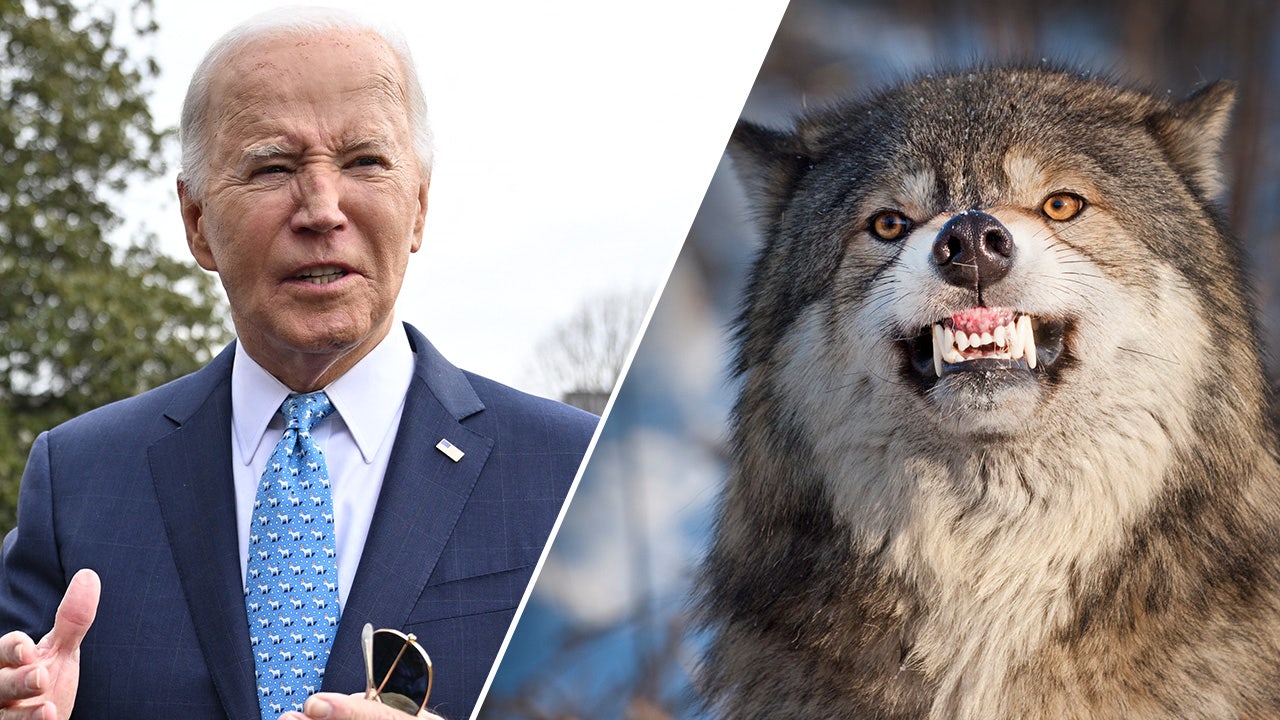Back in December, Colorado Parks & Wildlife (CPW) released five captive gray wolves on public land west of Denver. Many hunters and an array of conservation groups opposed to the widely-publicized wolf release, which had been mandated by narrowly-passed a ballot initiative four years earlier. Now, Colorado’s voting public is on the cusp of considering yet another wildlife-related ballot measure that would introduce an outright ban on mountain lion and bobcat hunting in the Centennial State.
The ballot referendum that led to December’s wolf release, known as Proposition 114, was a shining example of what conservation-minded hunters often decry as “ballot box biology.” It put a critical wildlife management decision—something that would typically be hashed out by professional biologists—into the hands of everyday voters. Now that the initiative is law, CPW must release up to 50 wolves onto the state’s Western Slope over the next 3 to 5 years.
Predictably, the results of “Prop 114” broke down along rural and urban lines. Voters in urban centers like Denver and Boulder supported it while throngs of rural Coloradans voted no.
One could see a similar outcome materializing with a new ballot initiative that’s been gaining momentum in Colorado since December of 2023. This measure would put an end to Colorado’s long-running mountain lion and bobcat hunting seasons, regardless of the fact that both of these cat species are thriving. While supporters of the latest proposition are still gathering signatures, it’s likely that their bid to ban cat hunting throughout Colorado will end up on the ballot come November 5.
Grassroots Opposition Picks Up Steam
Dan Gates is the Executive Director of a non-profit organization called Coloradans for Responsible Wildlife Management (CRWM). He’s been mounting an effort to defeat the proposed ban on big cat hunting since it was first announced in the fall of 2023. “We’ve been the tip of the spear on this since the ballot initiative dropped in September,” Gates tells Field & Stream. “We’ve challenged it through every measure available to us.”
According to Gates, Colorado’s mountain lion population is robust. “We’ve got somewhere between 4,400 and 5,000 mountain lions in the state of Colorado, and before they became a big game species, there were less than 200 on the landscape,” he says. “Back then, they were considered a nuisance species, and conservation-minded sportsmen and women took them from that nuisance list and put them into the big game category.”
Today, CPW holds a mountain lion season from Nov. 25 to March 31. Hunter used to pursue them in April as well, but the agency nixed that season earlier this year. As Gates is quick to point out, lions populations have proliferated in Colorado since regulated hunting was introduced in 1965. If it weren’t for mountain lion hunting, there might not be any mountain lions in Colorado today, he maintains.
His opponents see it differently. They use the politically and emotionally-charged phrase “trophy hunting” when describing their disdain for Colorado’s big cat hunting seasons. They even inserted the term into the title of their ballot measure when they introduced it last fall. But CRWM filed a lawsuit that ultimately went before the state Supreme Court, and the “trophy hunting” phrase removed from the proposition’s title.
Weaponizing a Phrase
“Trophy hunting is a catch phrase, and it’s totally subjective. There is not way to define it—either statutorily or regulatory,” Gates says. “This is ballot measure not a trophy hunting ban. It’s an all-out hunting ban—and the court sided with us on that.”
Gates believes that the non-hunting public has a negative perception of “trophy hunting,” and it’s hard to argue with his assessment. Time and again, animal rights activists have used the subjective moniker as a means to drum up support for proposed bans and restrictions.
Removing the phrase from the ballot initiative’s title will make it easier to defeat in the fall, he hopes. “People think of ‘trophy hunting’ as mounting something on the wall and then leaving the meat in the field to rot, and that’s just a fantasy,” he says. “By law, both big game and small game species have to be processed for consumption. As hunters, we utilize the meat. All the other stuff—wether it’s the feathers, the hide, or the antlers—that’s just a byproduct of that utilization.”
While “trophy hunting” is now gone from the initiative’s title, the phrase will still appear in the proposition’s description, Gates says. And if it makes it to the ballot, it’ll also include a ban on lynx hunting—even though lynx are already federally protected with no hunting or trapping seasons in the Lower 48.
“They say that they want to make sure that if lynx are ever de-listed here in Colorado, that no one will ever be able to harvest them,” Gates says. “But when they’re already talking about banning something before it’s even legally acceptable to hunt it, that shows that their intent doesn’t have anything to do with science. It doesn’t have anything to do with management. It has to do with emotion and subjective messaging.”
“Circling the Wagons”
Since September, Gates and CRWM have been hyper-focused on countering that message with a message of their own. They’ve produced a series of short videos that emphasize the pivotal role that hunting plays in the longterm conservation of iconic species, like elk and mountain lions.
Gates himself has been featured on a slew of podcasts, and back in FEbruary, CRWM’s plight was discussed on the world’s most popular podcast, the Joe Rogan Experience. Gates describes CRWM’s mission as part of a nationwide effort with a goal of reaching a target audience that extends well beyond the hunting community. “We’ve circled the wagons and created the necessary mechanism to stand up and defeat this,” he says.
Read Next: Montana Could Soon Open Waterfowl Hunting on a Closed Stretch of the Yellowstone River
Wether or not this outreach will pay off remains to be seen. “November 5th is the deadline, but they have until July 5th to get the signatures together and then they have to be certified by August 5th to the Secretary of State,” Gates says. “They’ll probably get this hunting ban on the ballot. They didn’t go this far and spend this much money to fail, but neither did we.”
Read the full article here




